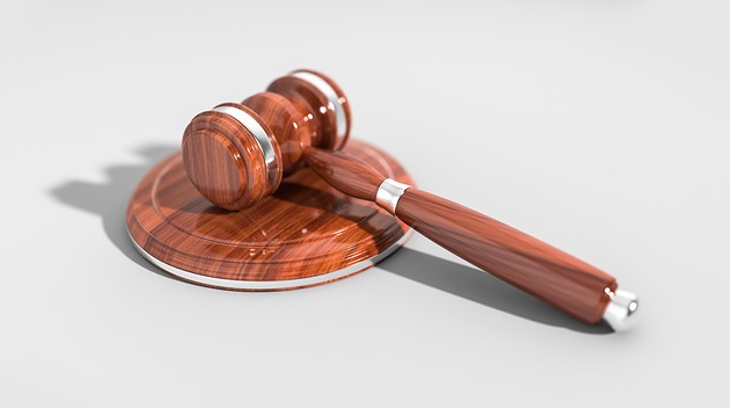
Many people have heard of subpoenas before, but few know their legal effect. A subpoena is a legal document that orders a person to comply with certain requests. Subpoenas can be either judicial, issued by a judge, or non-judicial, a subpoena not issued by a judge, clerk, or officer of the court. Generally, there are two types of subpoenas: a subpoena for a person and a subpoena for a document, which is formally known as a subpoena duces tecum. A subpoena for a person requires the attendance of that person to give testimony, whereas a subpoena duces tecum requires the production of books, papers, and other things.
Now that you know what a subpoena is, you must know your legal rights when dealing with a subpoena. The first thing you may be wondering is: if I receive a subpoena must I comply with it? The short answer is yes. A party in an action, through the use of a subpoena, may compel the opposing party or a non-party to the action to comply with its requests. If a person fails to comply with a judicial subpoena, that person may be held in contempt of court based solely on their failure to comply. Whereas, if a person fails to comply with a non-judicial subpoena, that person cannot be held in contempt until the court issues an Order to compel compliance.
Now that you know you must comply with a subpoena, you may be wondering if you are entitled to a fee for your time. When dealing with a subpoena for persons, any person whose attendance is compelled is entitled to fifteen dollars a day in fees. Each person may also receive travel expenses of twenty-three cents per mile, if traveling outside of the city in which that person was served. Furthermore, if you are not a party in the action, and are required to attend the trial, you are entitled to an additional three dollars in fees each day. When dealing with a subpoena duces tecum the party issuing the subpoena is required to defray the costs of document production if the person subpoenaed is a non-party in the action.
Although the fees paid to a layperson are relatively low, an expert in a specific field is entitled to negotiate for his/her compensation. In New York, an expert witness cannot be compelled to give testimony, but may contract to do so for fair compensation.
Since subpoenas can sometimes be complicated, if you ever receive a subpoena it is in your best interest to contact a local attorney who can offer you their assistance.
